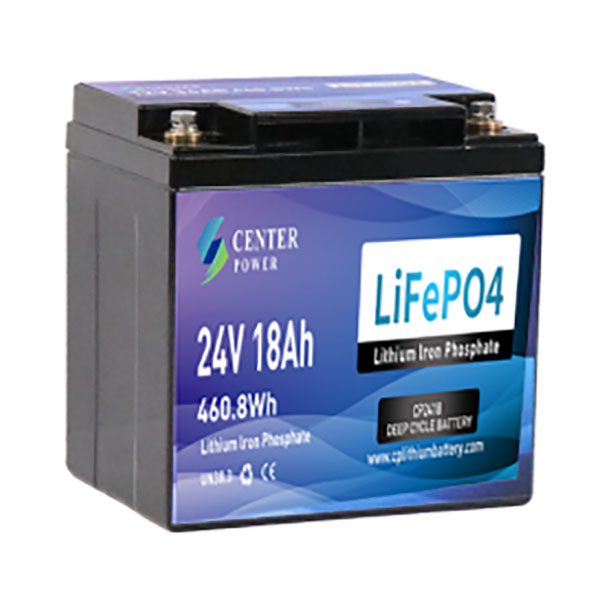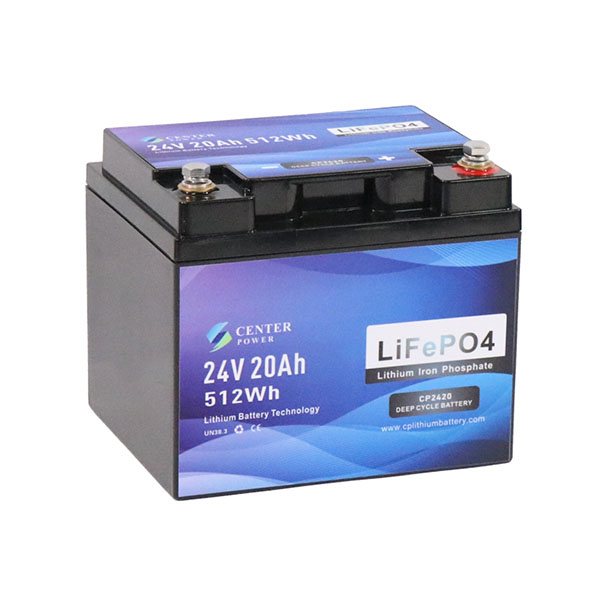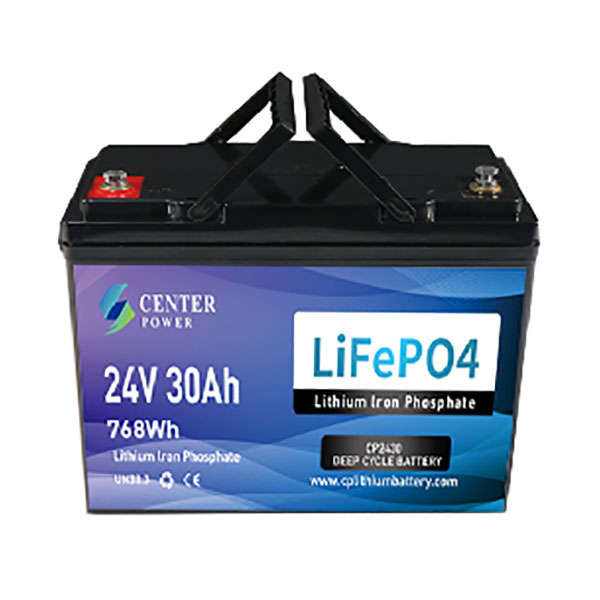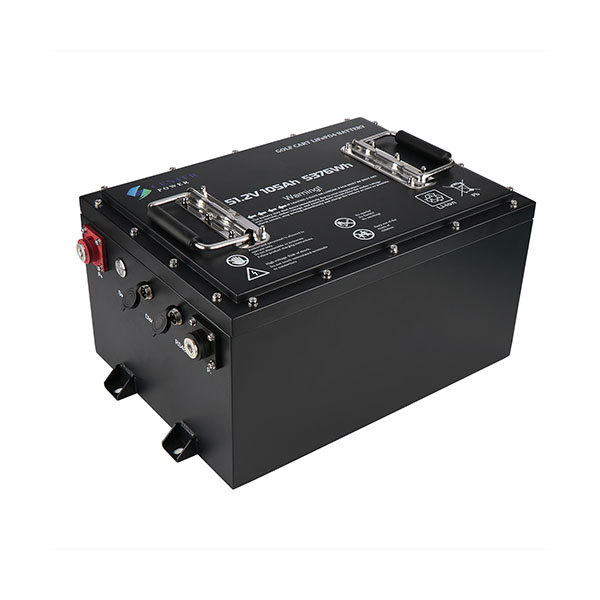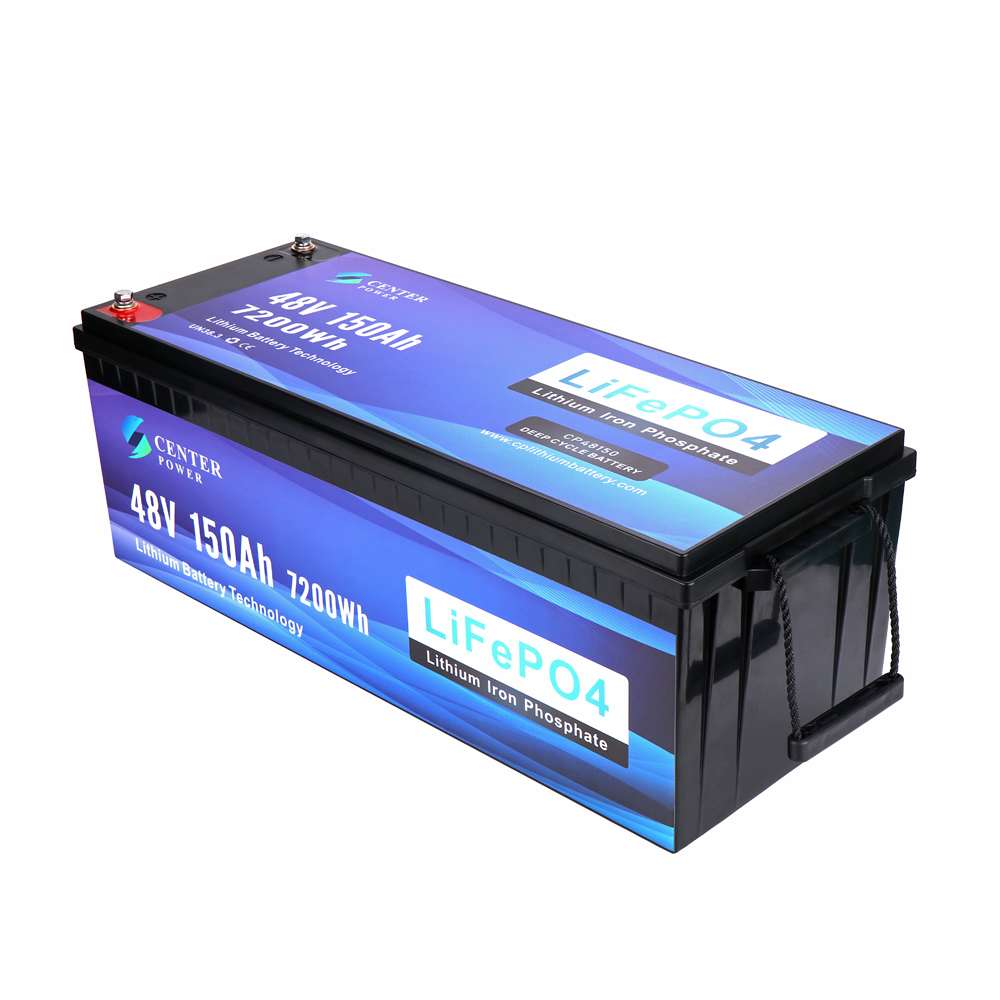Cranking & Beep Cycle Battery
LiFePO4 marine batteries are an excellent choice for cranking and powering beep cycle (house) systems on boats due to their durability, reliability, and long lifespan. These batteries are well-suited to the demanding environments of marine applications, where safety, power, and efficiency are crucial.
Key Features for Marine Applications:
- Voltage: Typically available in 12V, 24V, and 48V configurations to match different marine electrical systems.
- Capacity: Comes in various capacities, suitable for both engine cranking and running auxiliary systems like lighting, navigation, and onboard electronics.
- High Cold Cranking Amps (CCA): LiFePO4 batteries can deliver the high CCA needed to reliably start marine engines, even in colder waters.
- Cycle Life: Typically offers 2,000 to 5,000 charge/discharge cycles, providing long-term reliability and reducing the need for frequent replacements.
- Safety: Known for their excellent thermal stability and safety features, including built-in Battery Management Systems (BMS) that protect against overcharging, overheating, and short circuits.
- Weight: Significantly lighter than lead-acid batteries, which is important for maintaining a boat’s performance and stability.
- Maintenance: Virtually maintenance-free, unlike lead-acid batteries that require regular water topping and corrosion checks.
Advantages for Cranking (Starting) the Engine:
- Reliable Starting Power: High CCA ensures that the battery provides sufficient power to start marine engines quickly and reliably, which is especially critical in emergency situations.
- Durability: Designed to withstand the vibrations and shocks common in marine environments, ensuring long-term durability.
- Rapid Recharge: LiFePO4 batteries recharge faster than traditional lead-acid batteries, ensuring they are ready to start the engine again after use.
Advantages for Beep Cycle (House) Systems:
- Stable Power Supply: Delivers consistent power to run the boat’s house systems, such as lighting, navigation, refrigeration, and entertainment systems, without the need for the engine to be running.
- Deep Discharge Capability: Can be discharged deeply without significantly affecting the lifespan, allowing for extended use of house systems when the boat is anchored or docked.
- Extended Operating Time: High capacity means longer operating times for house systems, making LiFePO4 batteries ideal for long trips or extended stays on the water.
- Low Self-Discharge: The low self-discharge rate ensures the battery retains its charge for longer periods, which is beneficial if the boat is not used frequently.
Common Applications in Marine Environments:
- Engine Cranking: Providing the necessary power to start boat engines, particularly larger ones that require high CCA.
- House Batteries (Beep Cycle): Powering all onboard electronics, including lights, navigation systems, radios, and appliances, without draining the cranking battery.
- Electric Propulsion: Used in electric boats or as part of hybrid propulsion systems, providing clean and efficient power.
- Backup Power: Serving as reliable backup power for critical systems, including bilge pumps and emergency lighting.
Comparative Advantages Over Lead-Acid Batteries:
- Longer lifespan and significantly more charge/discharge cycles, reducing replacement frequency.
- Faster recharge times and more consistent power delivery.
- Lighter weight, improving boat performance and fuel efficiency.
- No maintenance requirements, making them ideal for marine environments where maintenance access might be limited.
- Superior performance in both high and low temperatures, making them reliable in various marine conditions.
Considerations for Use in Marine Applications:
- System Compatibility: Ensure the marine electrical system is compatible with LiFePO4 batteries, including the charging system. A charger designed for LiFePO4 is recommended to ensure proper charging and to maximize battery life.
- Battery Management System (BMS): Many LiFePO4 marine batteries include a built-in BMS that enhances safety by preventing issues like overcharging, over-discharging, and overheating.
- Capacity Needs: Select a battery with sufficient capacity to handle both the starting of the engine and the operation of house systems. For boats with large electrical demands, multiple LiFePO4 batteries might be required.
- Physical Size: Ensure the battery fits within the available space on the boat and is securely mounted to handle the marine environment’s vibrations and movement.

